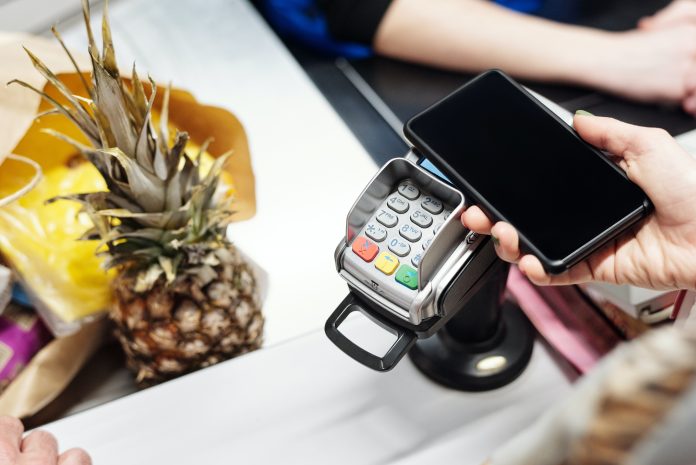The CFPB has issued a warning to users of non-bank payment apps about the potential risk to their funds due to the lack of federal deposit insurance coverage.
These digital payment platforms, such as PayPal, CashApp, and Venmo, are enjoying increasing popularity, with the CFPB reporting that over 75% of American adults used such an app in 2022, transacting nearly $893bn.
However, the CFPB highlights a significant risk associated with these platforms: they hold and invest funds received via payments, unlike traditional bank or credit union accounts. This model places consumers’ money at potential risk, as it’s not secured into the customer’s account and there’s no federal deposit insurance protection if the company should encounter financial difficulty.
The CFPB’s report comes in the wake of recent financial instability in the banking sector, including the failures of Silicon Valley Bank and First Republic Bank. This situation has led regulators to enforce tighter controls on banking security.
Unlike digital payment apps, traditional banking institutions such as banks and credit unions in the US are secured by federal deposit insurance offered by organisations like the Federal Deposit Insurance Corporation or National Credit Union Administration.
CPFB director Rohit Chopra underlined the importance of this issue, saying, “Popular digital payment apps are increasingly used as substitutes for a traditional bank or credit union account but lack the same protections to ensure that funds are safe. As tech companies expand into banking and payments, the CFPB is sharpening its focus on those that sidestep the safeguards that local banks and credit unions have long adhered to.”
Several US states are reportedly considering the implementation of policies to regulate how these digital payment apps operate, with the aim of better-protecting consumers.
The CFPB previously proposed a rule to curb excessive credit card fees that cost US families around $12bn a year.
Copyright © 2023 RegTech Analyst
Copyright © 2018 RegTech Analyst






